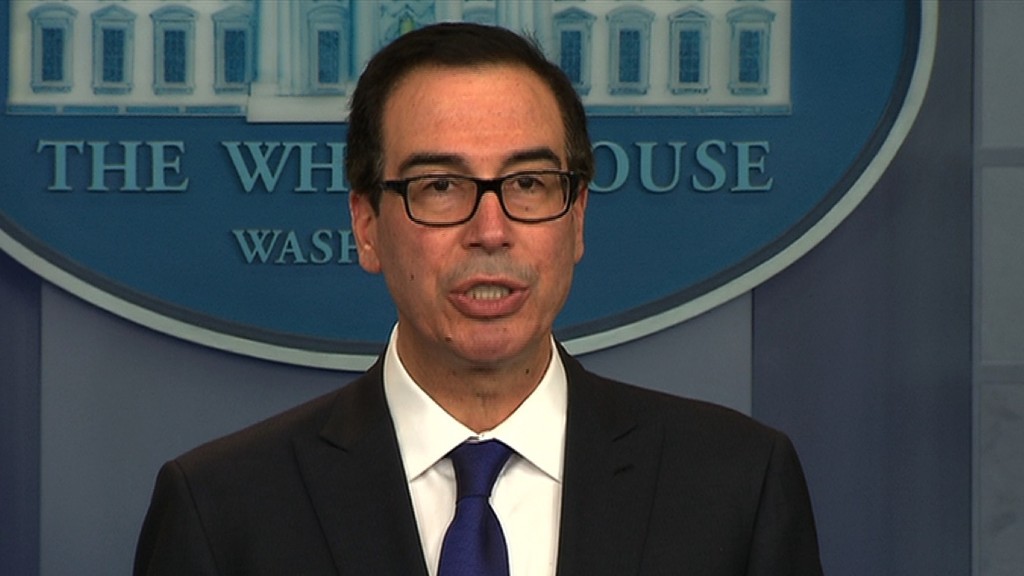
President Trump acted quickly to levy sanctions against Venezuelan President Nicolas Maduro.
But the administration has some tough decisions to make before slapping harsh penalties on that country's oil.
Maduro held a vote on Sunday leading to the creation of a new legislature that will have the authority to dismantle Venezuela's constitution. Critics say Sunday's vote eroded the country's democracy.
The move drew strong rebukes from the U.S. and other countries who see it as a move toward a dictatorship. World leaders are considering penalties.
Any sanctions on oil by the U.S. would be a double-edged sword: It's one of Trump's few options to really hurt Maduro. Venezuela's only source of income is oil sold abroad and one of its top customers is the United States.
The U.S. sends light crude oil to Venezuela, which has heavy crude. The two get mixed together in Venezuela and shipped back to the United States.
In April, the U.S. accounted for about 10% of Venezuela's oil exports.
One option being considered by the Trump administration is a possible ban on sales of U.S. crude and refined products. The harshest of sanctions, an embargo on shipments of Venezuelan oil to the U.S., is off the table for now, according to a senior administration official.
"If they ever got sanctions from the U.S. -- that would be completely crippling," says Diego Ferro, co-investment officer at Greylock Capital, a U.S. firm that owns Venezuelan debt.
Choking off the country's lone source of income, however, risks worsening Venezuela's humanitarian crisis. Millions of people continue to suffer through extreme shortages of food and medicine there.
Another risk: U.S. gas prices could rise. Venezuela sends cheap oil to U.S. energy firms, and oil sanctions would force the U.S. to buy oil elsewhere. For now though, that type of sanction seems less likely than a ban on U.S. oil exports to Venezuela.
"Nobody wants to be the guy that raises gas prices, that's not good for elected people," says Russ Dallen, managing partner of Caracas Capital, a U.S. investing firm that doesn't own Venezuelan debt.
Concerns about the impact of possible U.S. sanctions on Venezuela helped lift oil prices above $50 a barrel on Monday for the first time in two months.
U.S. sanctions could also embolden Maduro's base, igniting them to double down on their heavy-handed tactics against Venezuela's opposition protesters.
Venezuela exported the third most oil to the U.S. so far this year, behind Saudi Arabia and Canada, according to data from the U.S. Energy Information Administration. Its oil exports to the U.S. totaled $10.2 billion in the year ending in May, according to Panjiva, a global trade research firm.
Given all the risks, some doubt Trump would actually go forward with a broad sanction on Venezuelan oil.
"Once you deploy a sanction, there can be unintended consequences," says Eric Farnsworth, vice president at the Council of the Americas, a business association. "I'm not convinced they're going to move forward to sanction the energy sector."


